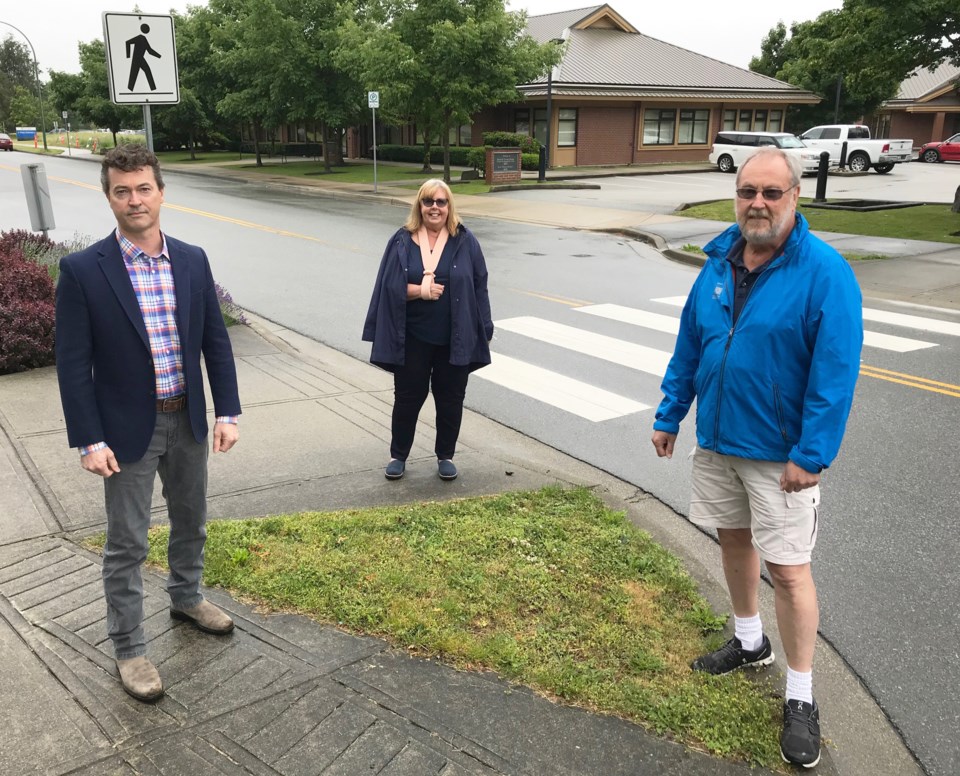It’s another setback for the current leadership of the Delta Hospice Society.
The Supreme Court of Canada on Thursday released its decision that an application by the current board to appeal a judgment by the B.C. Court of Appeal has been dismissed.
In a news release, Chris Pettypiece, spokesperson for the advocacy group Take Back Delta Hospice, said, “It is gratifying to see the current board of directors held to account for their improper conduct, but what an ordeal it has been to have to fight all the way to the Supreme Court of Canada so that local residents who wish to become members of the society are treated fairly. It is staggering to think of the expense the current board of directors have incurred on behalf of the society and the negative impact on resources that should have gone to patient care and support.”
In a ruling last fall, the court of appeal found the society’s bylaws include no provision to reject membership applications based on people’s views on Medical Assistance in Dying (MAiD).
That appeal was aimed at overturning an earlier petition to the B.C. Supreme Court, which successfully halted a planned special meeting by the board to have the society’s constitution amended to become Christian-based.
That petition by Pettypiece, Sharon Farrish and former board president Jim Levin followed the current DHS leadership rejecting hundreds of membership applications by residents opposed to the board’s actions.
Accused of stacking the membership to impose their own religious viewpoint, including signing up hundreds of non-Delta residents prior to a heated annual general meeting in 2019, the current board was alleged to have breached the Societies Act by blocking others from joining.
Opposed to providing MAiD at the Irene Thomas Hospice, the current board reversed a decision by the previous board to allow MAiD.
The Fraser Health Authority late last month said it had taken possession of the lands and buildings at the Irene Thomas Hospice site, including the Harold and Veronica Savage Centre for Supportive Care and surrounding lands.
The action followed the health region formally ending its service agreement, including funding, and terminating the building lease with the Delta Hospice Society.
Fraser Health also said work is underway to reopen the facility including making needed upgrades or repairs to the building, ensuring appropriate staffing is in place prior to admitting patients and the building is licensed to provide hospice care.
The health region also said it expects to reopen hospice beds at the Irene Thomas Hospice by April 15.
The current Delta Hospice board’s refusal to provide MAiD for those who request the procedure put it at odds with Fraser Health, which mandated publicly-funded hospices with non-religious affiliations offer the service.
Noting the service is available elsewhere, including next door at the Delta Hospital, the current board continues to claim medically assisted deaths are not part of the society’s mandate or constitution, and the procedure is at odds of the philosophy and approach of hospice palliative care.
As far as the future of the society and its role when it comes to the Ladner facilities, Health Minister Adrian Dix in an interview last year said the contract with the society would still be terminated even if a different board was elected.
“This is not the way we should make decisions… I believe that most people in Delta agree with this, that we shouldn’t be setting up an ongoing fight over controlling Delta Hospice Society and individuals’ right to access a legal and publicly available facility. That’s not how we should do these things,” Dix explained.




